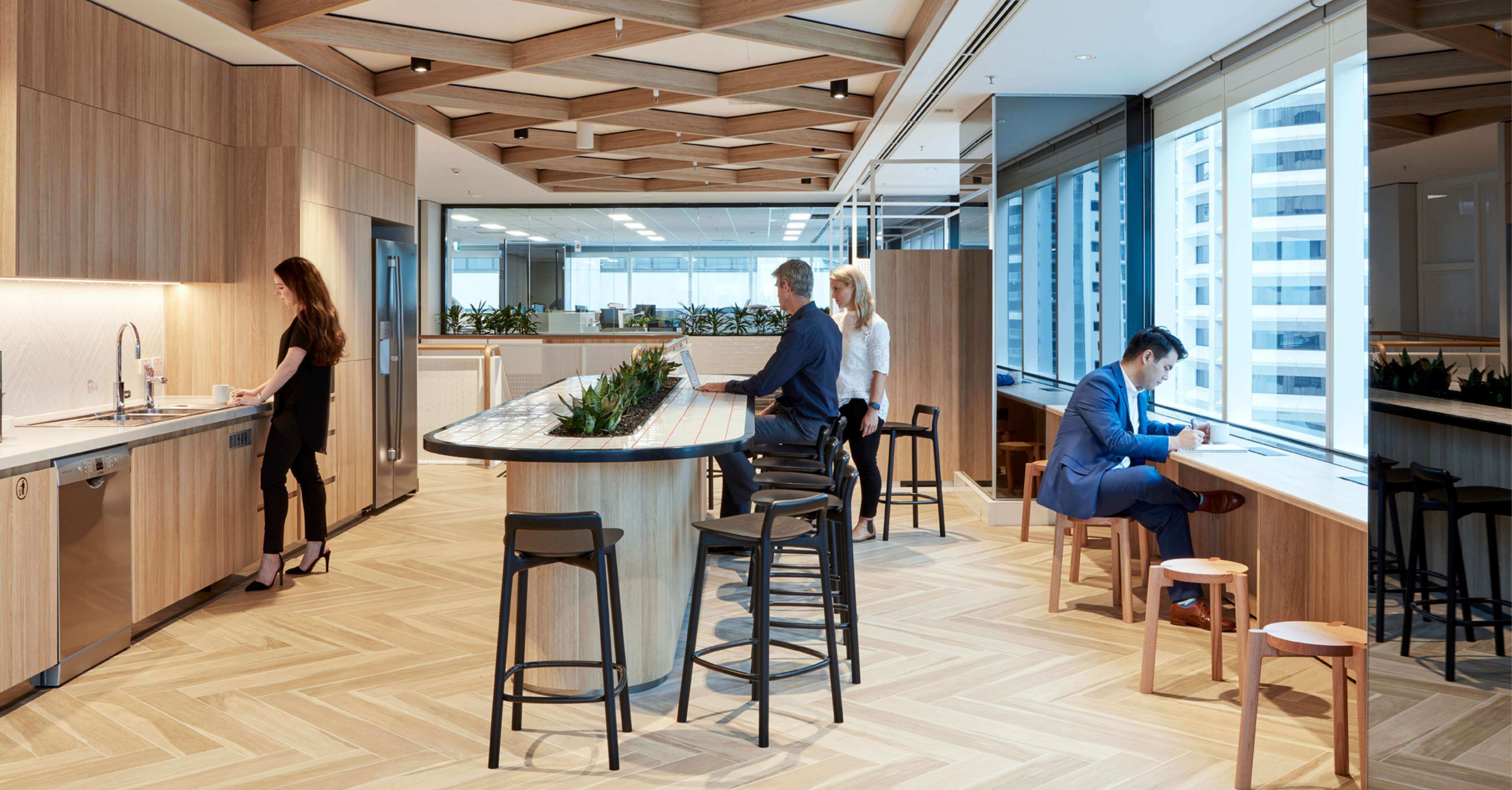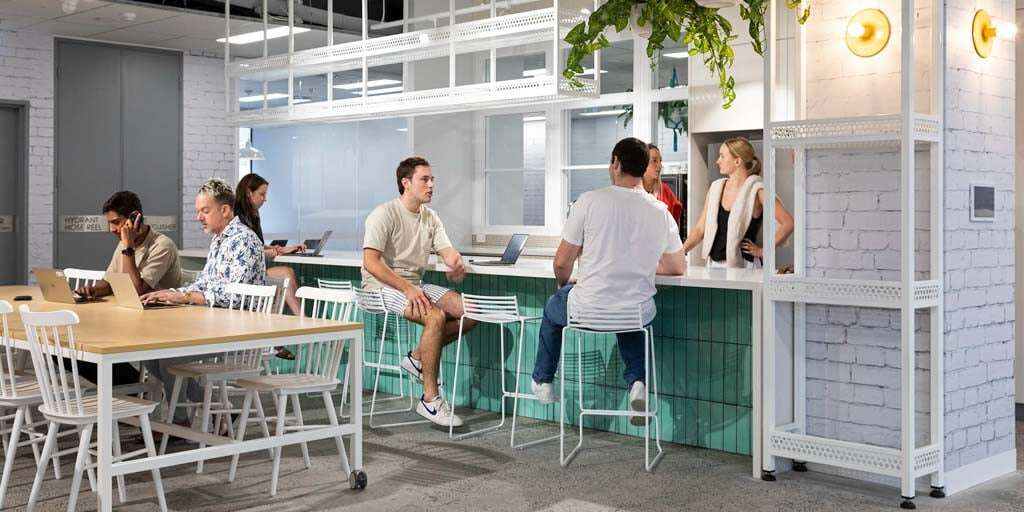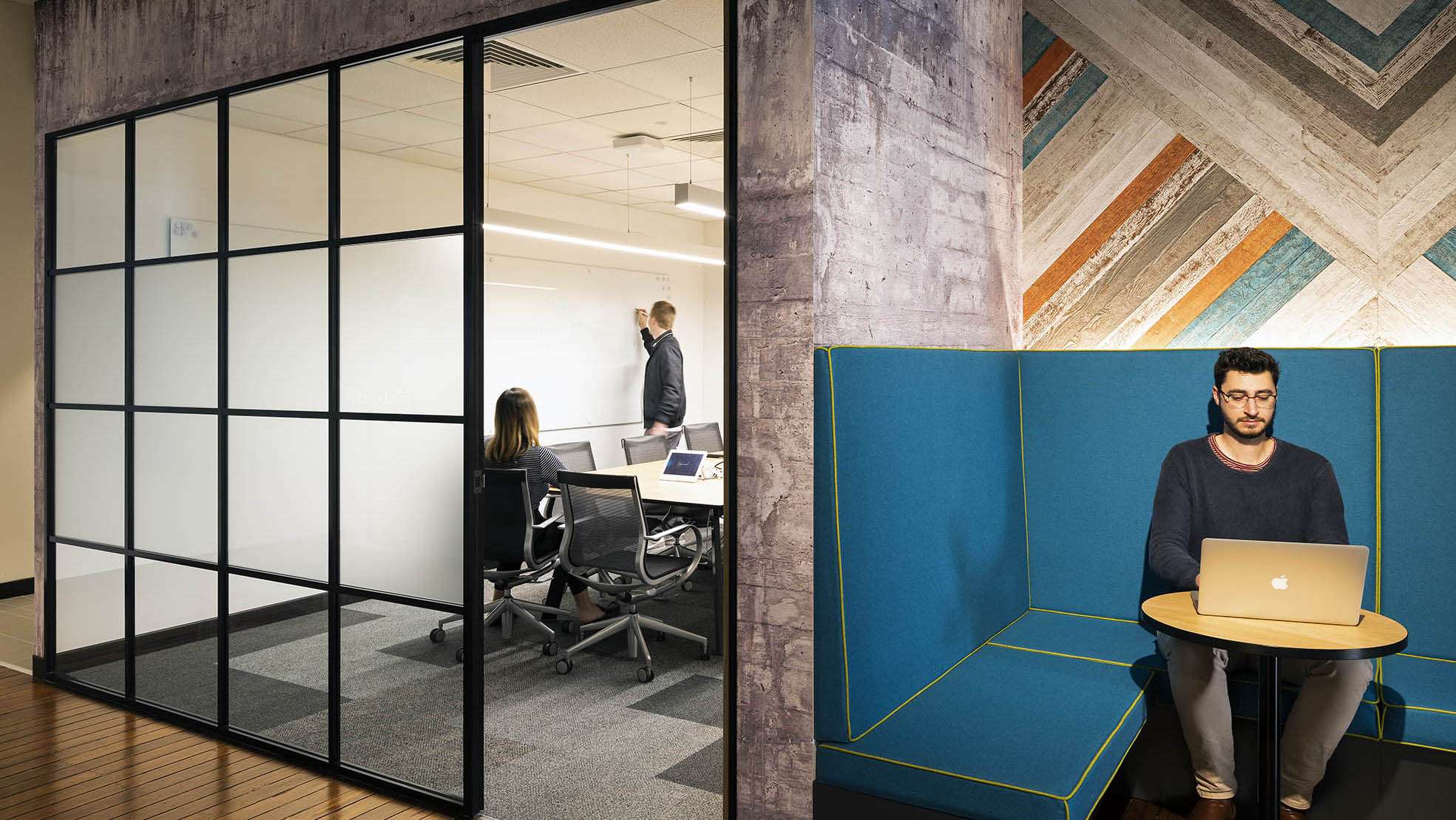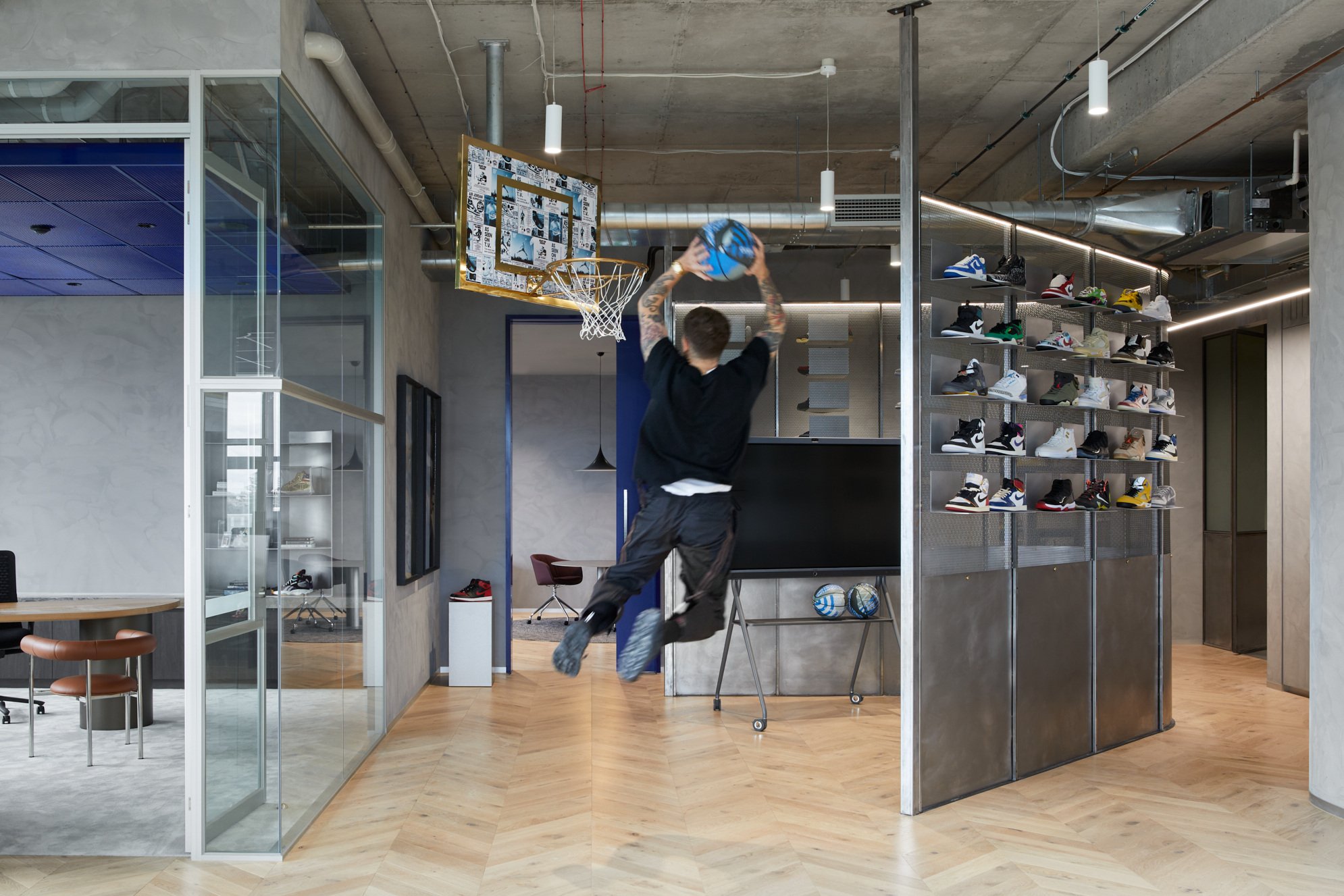Moving office means moving people
On Monday at your leadership meeting, you decide it's time to go ahead with an office move. Take a Deep breath in - there's now a whirlwind of practical work to undertake to get this journey underway.
Late on Friday a staff member approaches you, and asks for a quick chat. "I heard we might be moving? Tell me we're not going far - I can catch a ferry here!" It turns out that between Monday and Friday, a second journey was kicked off: the people-journey. This second journey started the moment a staff member realised there might be a move, and started to process the personal implications. In a heartbeat there are two or three people in the conversation, and soon enough it will be the most talked-about matter in the organisation.
In psychological terms, a particularly powerful force will be at play: 'loss aversion', where people are far more conscious of what they currently have that might be lost, than they are of possible future benefits and up-sides. In our experience the 'people journey' of an office move is often dealt with reactively, leading to undue stress and inefficiency. The good news is, it doesn’t take much to stay on the front foot with staff communications, and getting in early saves a stack of time and energy later on.
Steve Collis, Head of Workplace Strategy at Amicus, says there are three easy wins that can take you from 'zero' to 'hero' on staff morale during a move.
"First and foremost, communicate early and often, even if there is no fresh news. We recommend short fortnightly 'status updates' which staff will begin to recognise and expect."
Collis suggests that concerns about overloading people with emails are misplaced.
"What you're doing is anchoring people's expectations early that they don't need to pester to stay informed."
This doesn't mean it's an open book.
"You can create time by proactively naming the current 'unknowns', which can include topics that are being actively worked out, like location, seating arrangements, and office design."
"Go ahead and identify in your status updates that you're working on these topics, and will share when you can."
Of course communication is a two-way street. Collis' second suggestion is to create intentional channels of interactions where staff can participate. Crucially, though, this should not come down to just one leader.
"In fact, we suggest you form an internal communications team with representation from staff and leadership, and design together a few different mechanisms for staff to ask questions and stay informed. Email is okay to start, but face to face channels such as opt-in Q&A sessions can be very powerful, and will attract the right people to participate."
"It's about listening and capturing input, but that doesn't mean promising action or perfect solutions. We recommend keeping a 'needs inventory' document to capture and track questions and concerns. Someone might ask very early about seating allocation. By capturing this concern you can create time to work a solution, even if the solution is months away."
The final suggestion?
"Create a moment."
"Actually, create three moments. There are three critical turning points in most office moves, and handled correctly they get you 90% of the way to a successful move.
"Moment 1, is when you have a location, Moment 2 is when you have an office design, and Moment 3 is when you have a final checklist of actions in the last weeks of the move."
"Here's where your 'needs inventory' comes into play. We've found that particular clusters of needs inventory items can be dealt with deftly and confidently at each key moment, leading to long stretches of quiet time in-between."
The pay-off is two-fold. On the one hand, staff are happier, less distracted, and more able to focus on their core work during the transition journey. On the other, leaders involved in driving the move are freed from having to react to questions and concerns that spring from staff uncertainty or a communication vacuum.
The Amicus Workplace Strategy team offer a transition toolkit with templates, tutorials, and tools and on-the-shoulder support or workshops to help you use them. Get in touch with one of our team here.

/Cap%20Stats/amicus-company-profile-blog.jpg)







-2.jpg)
/Sectors/Office/contact-amicus.jpg)